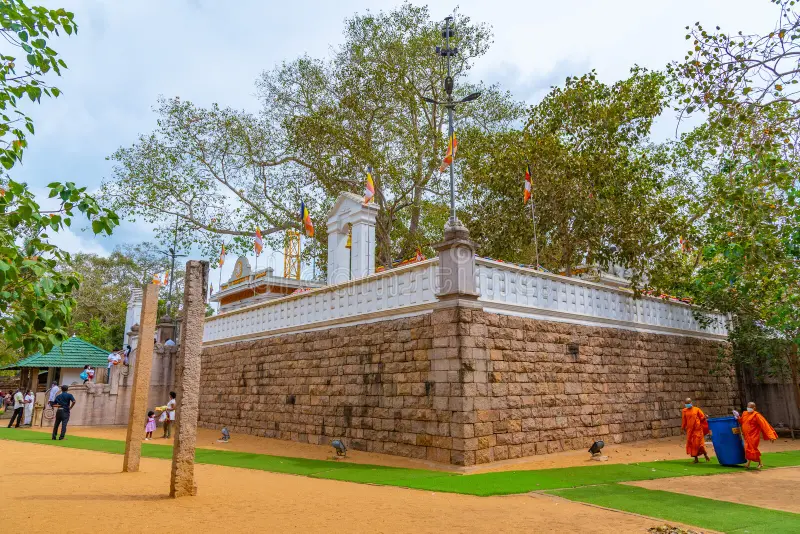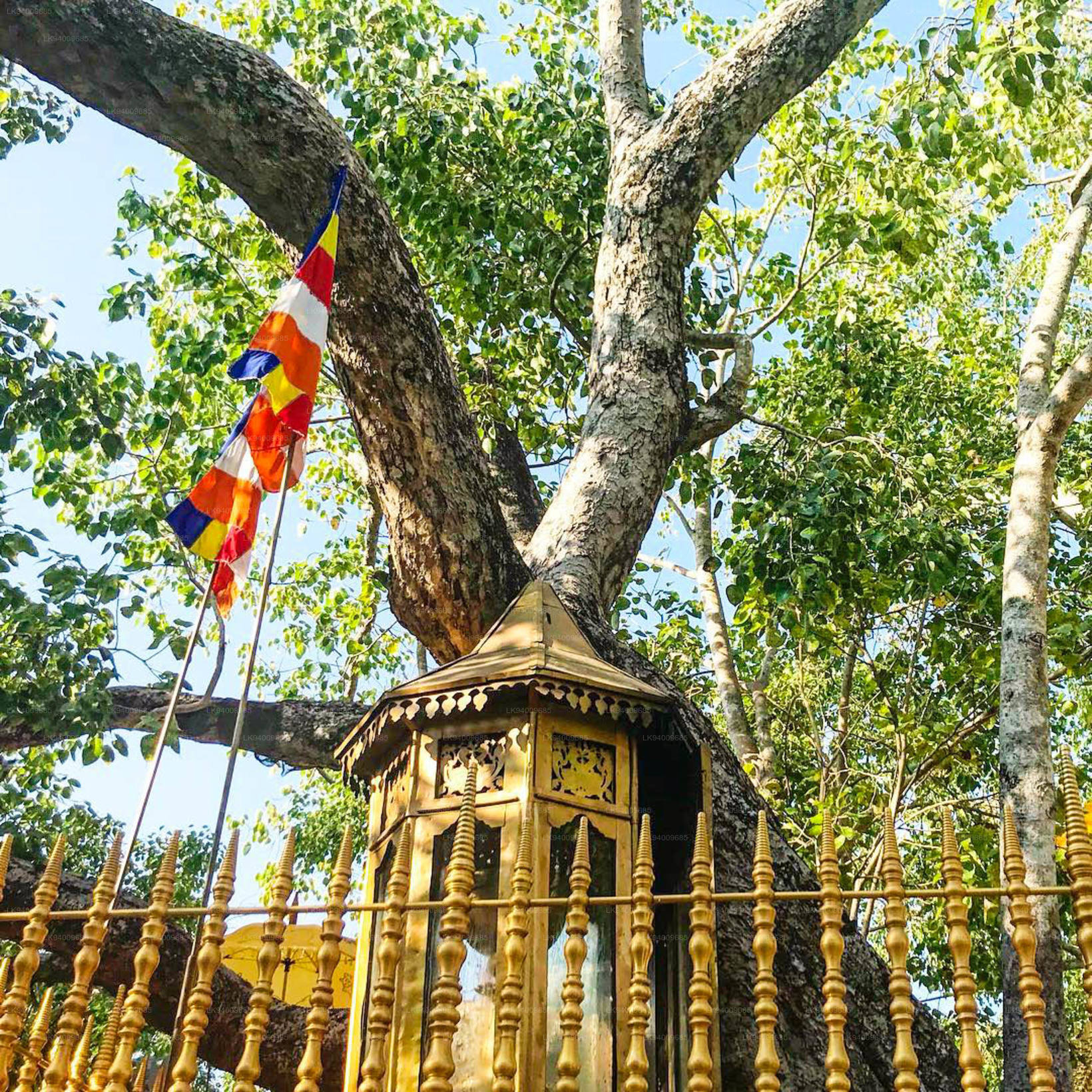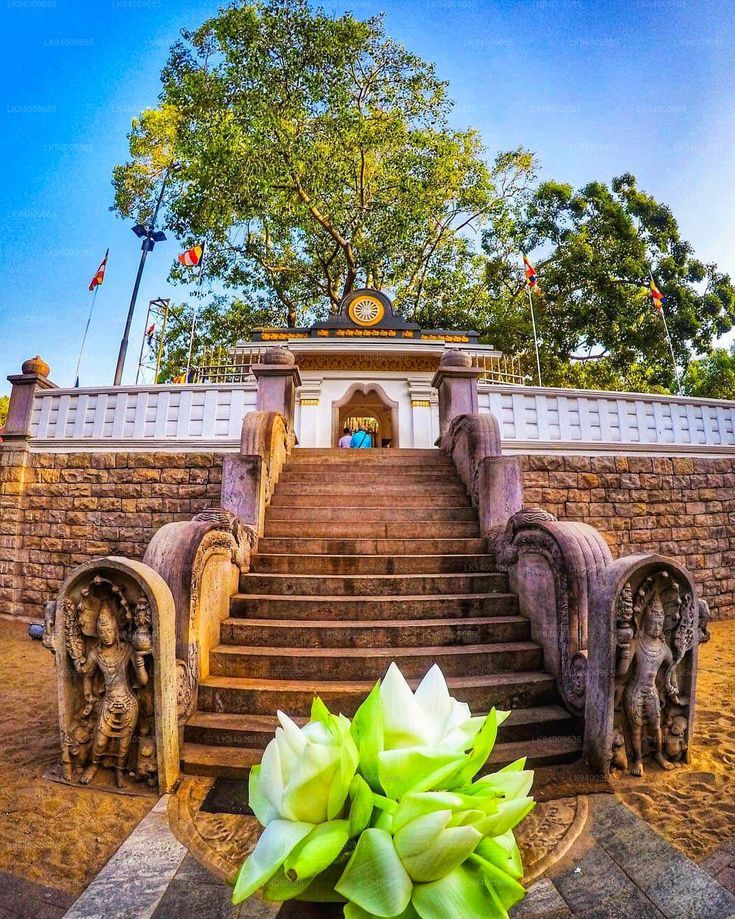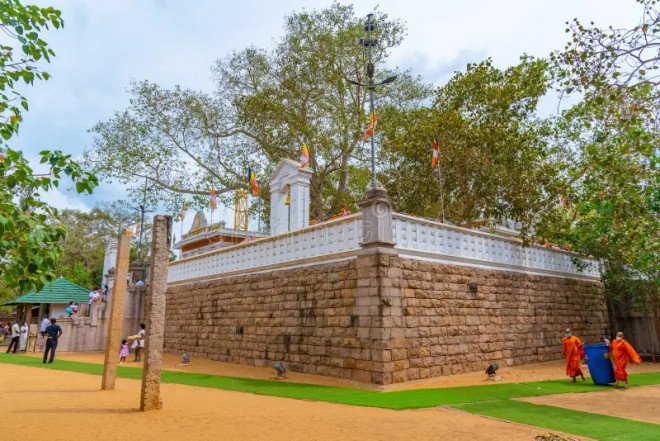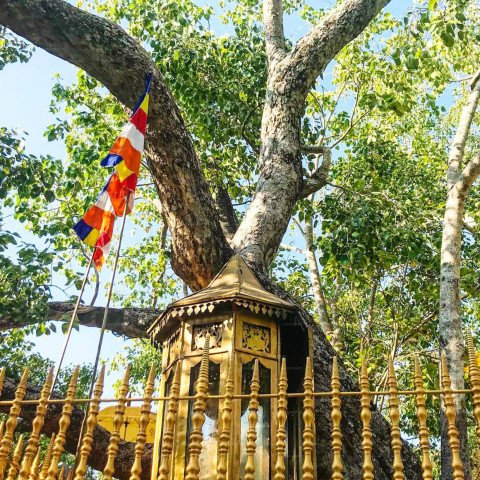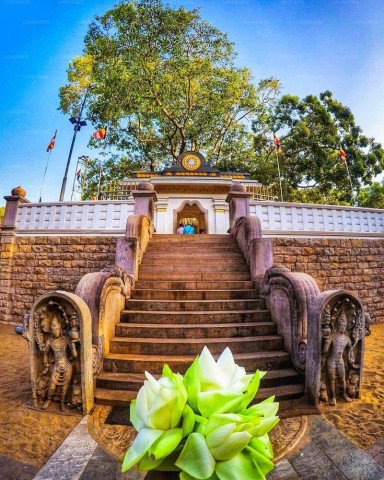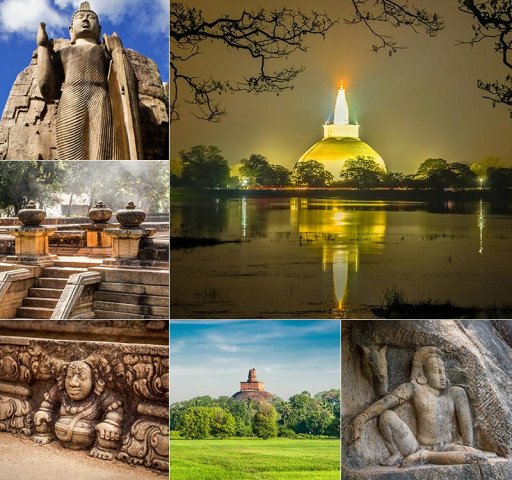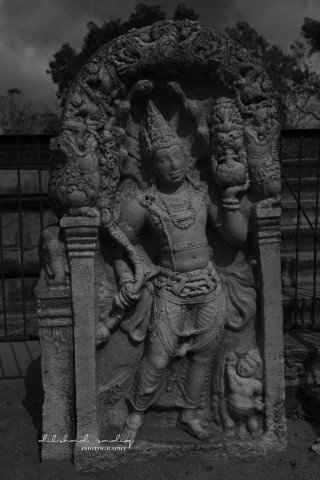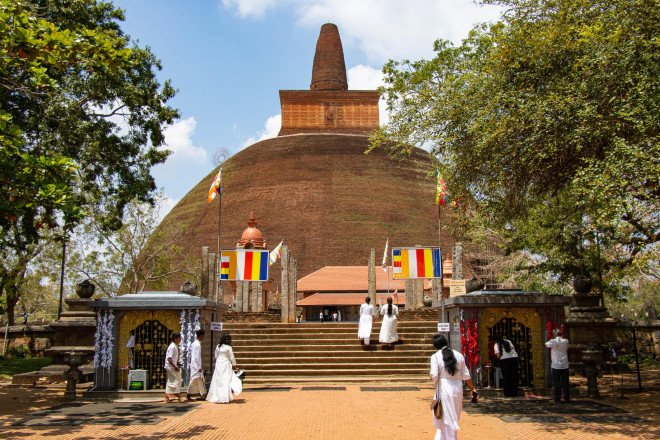Sri Maha Bodhi Temple, Anuradhapura, North Central Province, 50000
Listing Owner
Listing Description :
In the heart of Sri Lanka's ancient capital, Anuradhapura, stands a tree unlike any other — the Sri Maha Bodhi, also known simply as the Bo Tree. It is not just a botanical wonder but a sacred relic of deep spiritual, historical, and cultural importance. Planted over 2,300 years ago, this sacred fig tree (Ficus religiosa) is believed to be the oldest living human-planted tree in the world with a known planting date.
Key Information:
-
Why is the Bo Tree so important?
It is believed to be a sapling from the original Bodhi Tree under which the Buddha attained enlightenment. -
How old is the Sri Maha Bodhi tree?
Planted in 288 BCE, it is over 2,300 years old. -
Is the Sri Maha Bodhi the oldest tree in the world?
It is the oldest human-planted tree with a recorded history. -
Who brought the Bodhi sapling to Sri Lanka?
Sanghamitta Theri, a Buddhist nun and daughter of Emperor Ashoka of India. -
Can anyone visit the Sri Maha Bodhi?
Yes, it is open to both local and international visitors of all faiths. -
Is there an entrance fee?
Entry is included in the ticket for the Anuradhapura Sacred City. -
What are the opening hours?
Generally open from sunrise to sunset every day. -
What is the best time to visit?
Early morning or late afternoon for a serene experience and cooler temperatures. -
What should I wear?
Modest clothing covering shoulders and knees is required. White clothing is customary for devotees. -
Is photography allowed?
Yes, but with respect. Do not take selfies with your back to the tree or interrupt worshippers. -
Can I touch the Bo Tree?
No. The tree is fenced off and protected. Visitors can approach nearby but not make physical contact. -
Are there ceremonies or rituals held at the site?
Yes. Daily offerings and special full moon (Poya) day rituals are common. -
Are guides available at the site?
Yes. Local guides offer insight into the tree’s history and significance. -
How long should I spend there?
About 30 to 60 minutes is ideal for a visit, longer if attending a ceremony. -
Is the area wheelchair accessible?
Access is limited due to steps and uneven paths, but portions may be navigable with assistance. -
Are restrooms available nearby?
Yes, basic facilities are available around the Sacred City. -
Is the site family-friendly?
Absolutely. Many local families visit together for prayers and blessings. -
What language is commonly spoken there?
Sinhala is the main language, but many locals and guides speak English. -
Are food or drinks allowed in the area?
No food or drink should be consumed near the sacred site. -
Is it safe to visit?
Yes, the site is well-managed and considered very safe for all travelers. -
Is the Bo Tree visible from outside the sacred area?
Partially, but the full experience is best within the enclosure. -
Are donations or offerings expected?
Not required, but offerings like flowers or incense are common among devotees. -
What other attractions are nearby?
The Ruwanwelisaya Stupa, Thuparamaya, and Jetavanaramaya are all within walking distance. -
Is the tree still growing?
Yes, the Bo Tree continues to thrive and produce offshoots, many of which are planted across the island.
